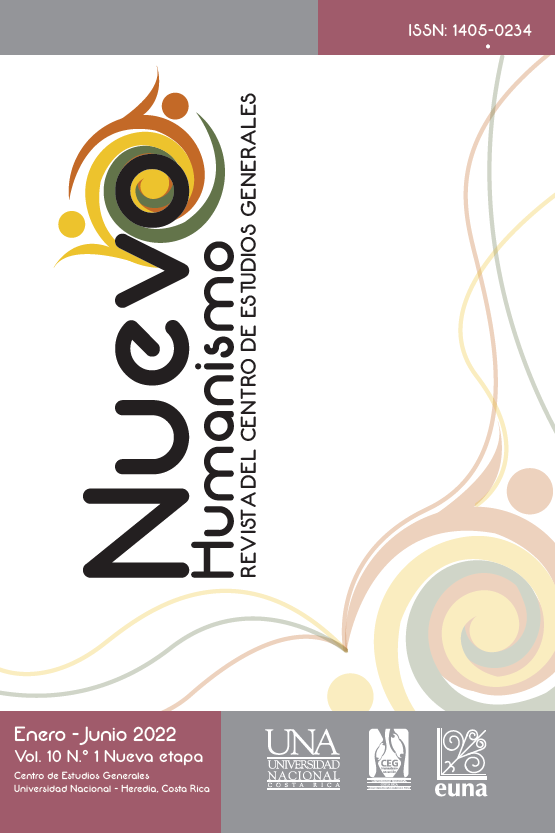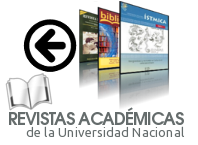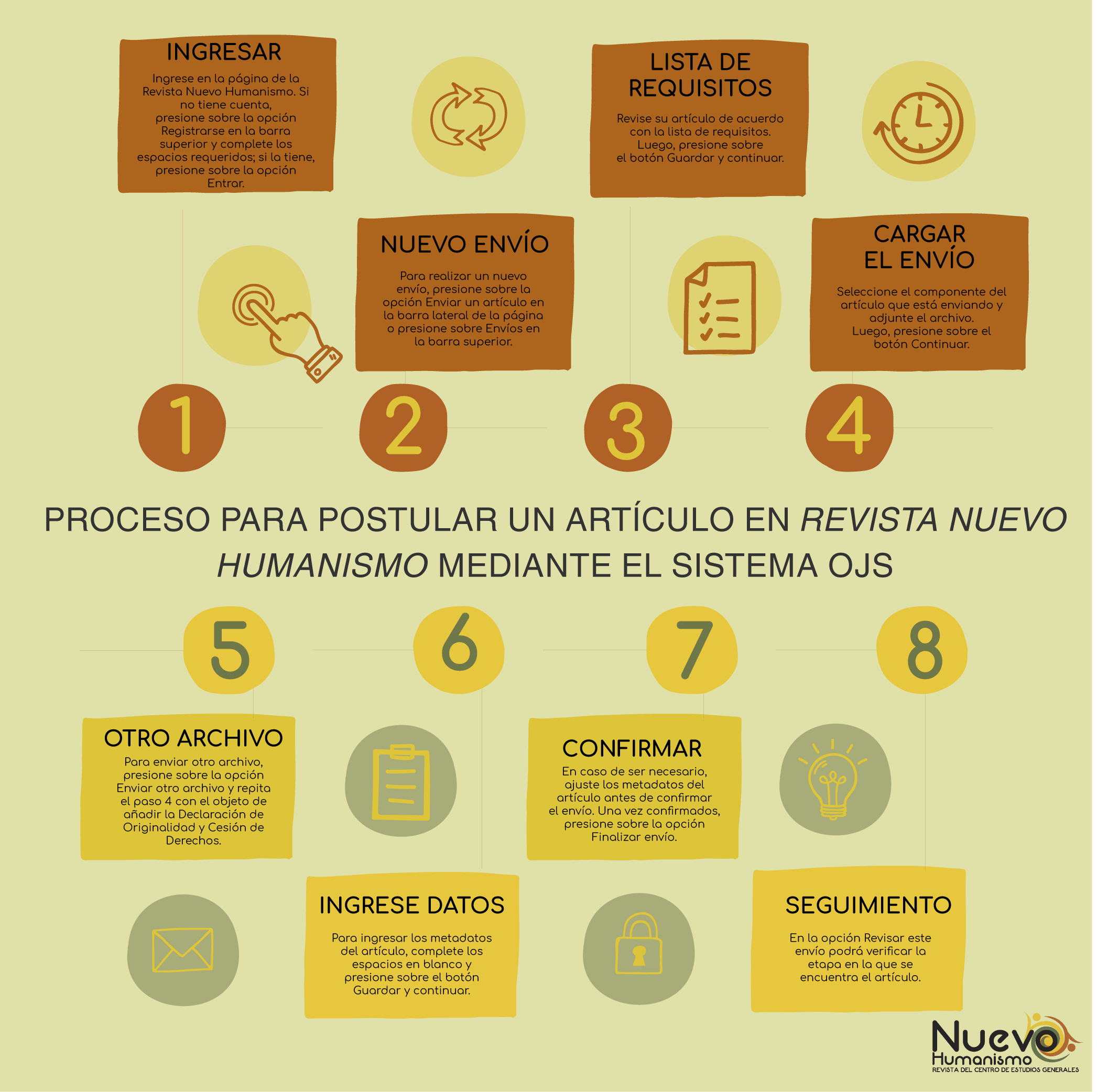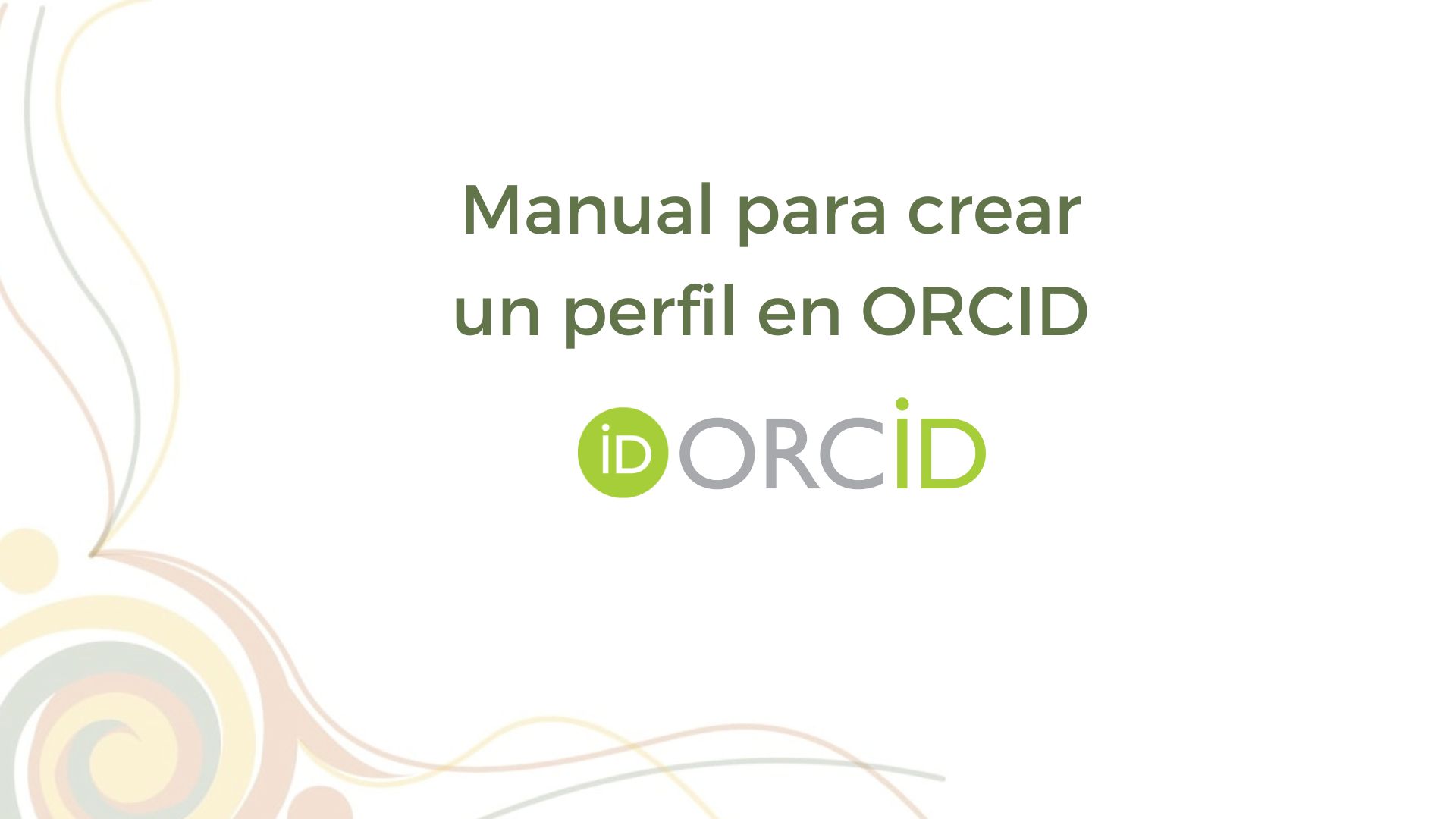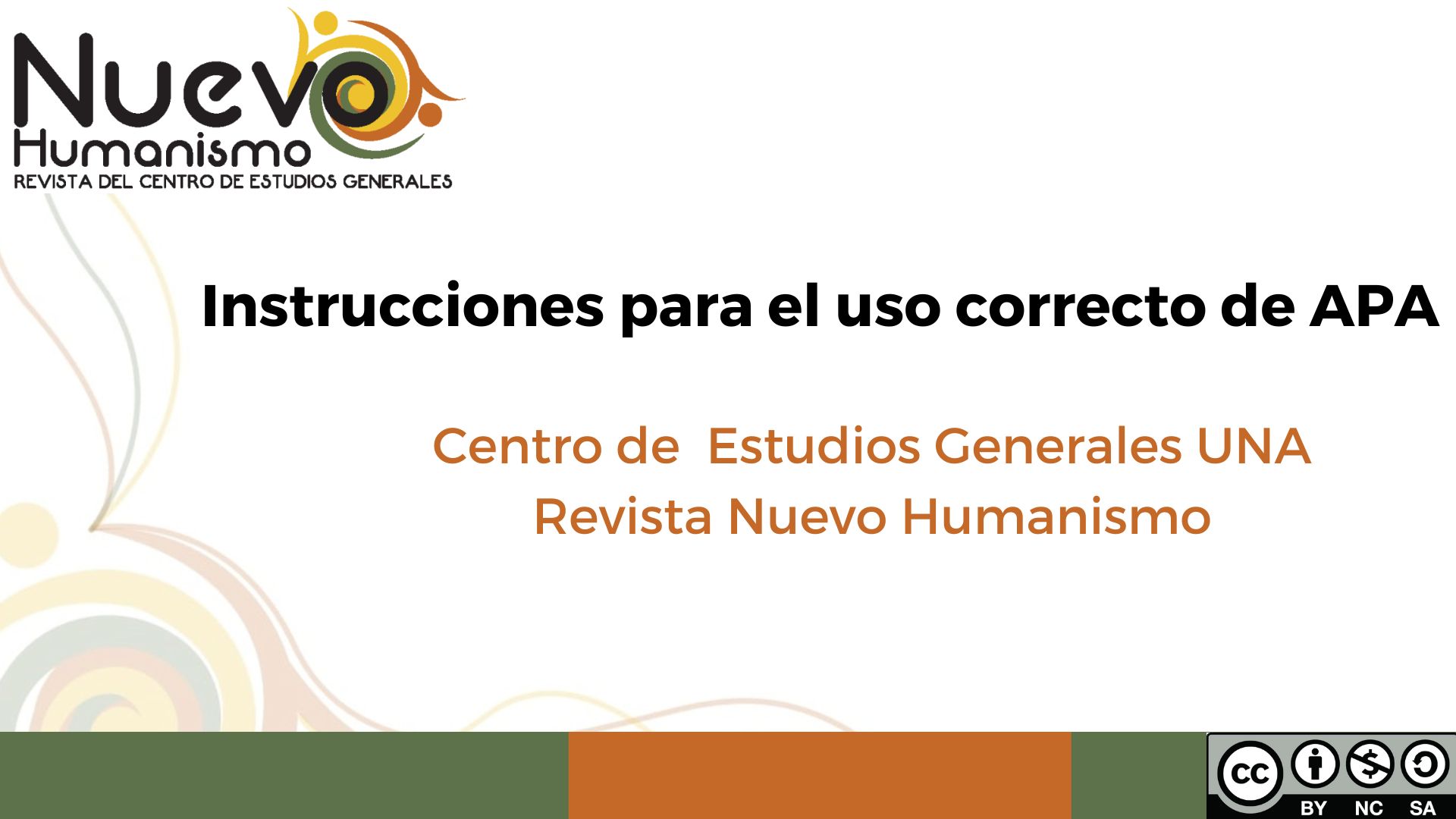Description of the trends in behavior, social relationships and daily life of the university student population in the context of the COVID-19 pandemic
DOI:
https://doi.org/10.15359/rnh.10-1.5Keywords:
behavior; social relationships; daily life; COVID-19; ICTAbstract
The current social challenges of contact and relationships with other people in the face of the necessary protection from the risk of contagion of the coronavirus and life in capital letters, requires an understanding on the part of higher education authorities worldwide. This article describes the behavior trends, in social relationships and daily life, by the student population from the National University of Costa Rica (UNA), Chorotega Branch Campus Liberia, in the context of the COVID-19 pandemic. 182 students were involved, under a descriptive phase quantitative study. The results of the study indicate that the COVID-19 pandemic caused social distancing in the population under study, altering trends in behavior, lifestyle, which in the face of confinement abruptly modified social contact, causing an exponential increase in the use of technological tools to mediate communication.
References
Amaya-Castellanos, C. (2020). Comportamientos individual y social: Estrategias para mantener acciones preventivas en tiempos de epidemia. Revista Salud UIS, 52(3), 337-340. https://doi.org/10.18273/revsal.v52n3-2020015
Casco, A. (2020). Efectos de la pandemia de COVID-19 en el comportamiento del consumidor. Innovare: Revista de Ciencia y Tecnología, 9(2), 98-105. https://doi.org/10.5377/innovare.v9i2.10208
Diaz-Sozoranga, D., Heredia-León, D., Ávila-Mediavilla, C. y Torres-Palchisaca, Z. (2020). Comportamiento alimentario, actividad física e intención de práctica en estudiantes de bachillerato durante la pandemia. Polo del Conocimiento, 5(11), 147-162. http://dx.doi.org/10.23857/pc.v5i11.1915
Ferrer, E. H. y Aguilar, Ó. V. (2020). Cómo están pasando la pandemia los estudiantes de la Universidad Pedagógica Veracruzana: un estudio de caso. Diálogos sobre educación, (22). https://doi.org/10.32870/dse.v0i22.816
Fondo de las Naciones Unidas para la Infancia. (2019). El impacto del COVID-19 en la salud mental de adolescentes y jóvenes. https://www.unicef.org/lac/el-impacto-del-covid-19-en-la-salud-mental-de-adolescentes-y-j%C3%B3venes
Gómez, V. C. (s. f.). El comportamiento social ante el covid-19. Excélsior. https://www.excelsior.com.mx/opinion/carolina-gomez-vinales/el-comportamiento-social-ante-el-covid-19/1415514
Huarcaya-Victoria, J. (2020). Consideraciones sobre la salud mental en la pandemia de COVID-19. Revista Peruana de Medicina Experimental y Salud Publica, 37(2), 327-334. https://dx.doi.org/10.17843/rpmesp.2020.372.5419
Juarros, V. M., Belli, S. y Márquez, I. (2020). La COVID-19, pantallas y reflexividad social: Cómo el brote de un patógeno está afectando nuestra cotidianidad. RES. Revista Española de Sociología, 29(3), 759-768. https://dialnet.unirioja.es/descarga/articulo/7540816.pdf
Maeztu, M. C. (2020). (29 de octubre de 2020). Relaciones sociales, protección de vida y covid-19. Diario de Noticias Navarra. https://www.noticiasdenavarra.com/opinion/tribunas/2020/10/29/relaciones-sociales-proteccion-vida-covid/1090434.html
Lajús Barrabeitg, G. (2020). Análisis de algunos comportamientos nocivos de la población cubana frente a la COVID-19. Revista Habanera de Ciencias Médicas, 19(6), 1-15. http://www.revhabanera.sld.cu/index.php/rhab/article/view/3709/2755
López, A. E. G. y Antropólogo, U. C. V. (2020). La Pandemia en la cotidianidad: El COVID-19 y las nuevas dinámicas globales. In Covid-19 Caos 2.0: Ensayos desconfinados. Ideas de debate para la post pandemia (pp. 35-50). AnthropiQa. https://dialnet.unirioja.es/descarga/libro/765841.pdf#page=35
Lorenzo-Ruiz, A., Díaz-Arcaño, K. y Zaldívar-Pérez, D. (2020). La psicología como ciencia en el afrontamiento a la COVID-19: apuntes generales. Revista Anales de la Academia de Ciencias de Cuba, 10(2), 839. http://www.revistaccuba.cu/index.php/revacc/article/view/839
Lozano-Díaz, A., Fernández-Prados, J. S., Canosa, V. F. y Martínez, A. M. M. (2020). Impactos del confinamiento por el COVID-19 entre universitarios: Satisfacción Vital, Resiliencia y Capital Social Online. International Journal of Sociology of Education, (Especial). 79-104. https://doi.org/10.17583/rise.2020.5925
Ortega-Vivanco, M. (2020). Efectos del Covid-19 en el comportamiento del consumidor: Caso Ecuador. RETOS. Revista de Ciencias de la Administración y Economía, 10(20), 233-247. http://scielo.senescyt.gob.ec/pdf/retos/v10n20/1390-6291-Retos-10-20-00233.pdf
Organización para la Cooperación y el Desarrollo Económico (2020). A framework to guide an education response to the COVID-19 Pandemic of 2020. https://read.oecd-ilibrary.org/view/?ref=126_126988-t63lxosohs&title=A-framework-to-guide-an-education-response-to-the-Covid-19-Pandemic-of-2020
Rico, D. A. P. y Plata, G. E. Z. (2020). Reinvención de la vida cotidiana en mujeres cucuteñas en tiempos de COVID-19. Psicoperspectivas, 19(3), 1-11. https://www.psicoperspectivas.cl/index.php/psicoperspectivas/article/viewFile/2046/1242
Urrea-Arroyave, N. y Cañon-Montañez, W. (2021). Impactos sociales de las medidas de cuarentena y poscuarentena por COVID-19 en contextos de inequidad. Revista Ciencia y Cuidado, 18(1), 5-8. https://revistas.ufps.edu.co/index.php/cienciaycuidado/article/download/2795/294
Vicerrectoría de Docencia. (2020). Orientaciones metodológicas y evaluativas para apoyar la adaptación de los cursos presenciales a sesiones con apoyo tecnológico. Heredia: Universidad Nacional. https://documentos.una.ac.cr/bitstream/handle/unadocs/11533/De-la-%20presencialidad-al-trabajo-academico-remoto-2020.pdf?sequence=1&isAllowed=y
Vergara Castañeda, A., Lobato Lastiri, M. F., Díaz Gay, M. y Ayala Moreno, M. D. R. (2020). Cambios en el comportamiento alimentario en la era del COVID-19. https://repositorio.lasalle.mx/bitstream/handle/lasalle/1767/Cambios%20en%20el%20comportamiento%20alimentario%20en%20la%20era%20del%20COVID-19.pdf?sequence=1&isAllowed=y

